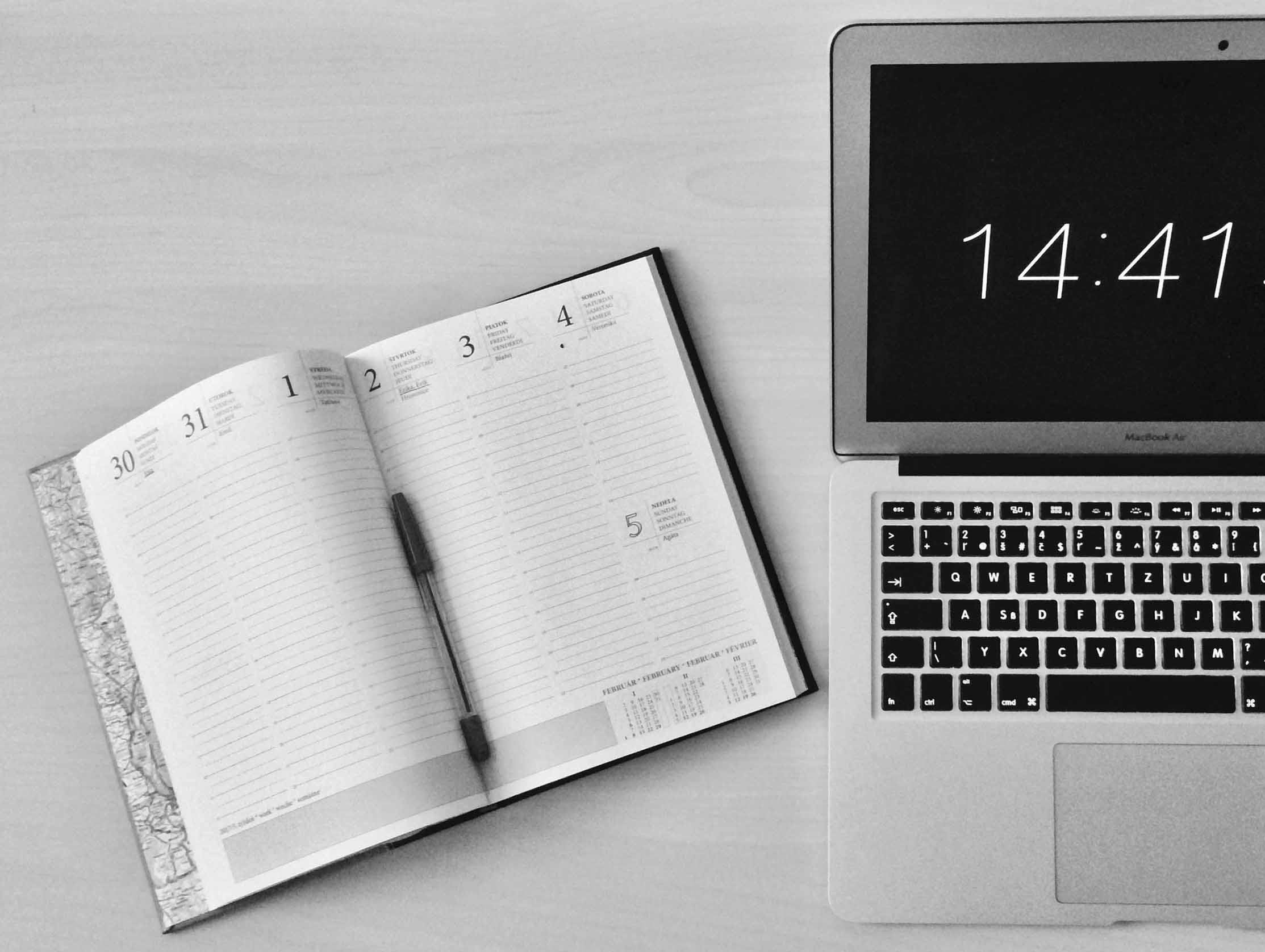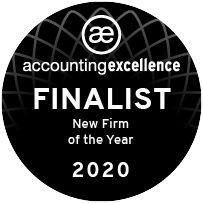Why a Good Accountant-Client Relationship Matters
Finding an accountant that you like and feel like you can work with is very important, a lot of it is down to personalities and working styles. Whoever you find for your business there are some things you can do that will make working with an accountant smoother and more useful for you.
Working effectively with a small business accountant can save you time, money, and stress while ensuring your finances are in good order.

Essential Tips for Working With An Accountant Effectively
Here are some top tips for a smooth partnership:
1. Communicate Clearly and Proactively
- Keep your accountant informed about major financial decisions or changes in your business or personal finances. It is important to do this before you make any major decisions as there may be tax implications to how you do things.
- If you feel it would be helpful, arrange for regularly scheduled meetings or check-ins to address questions and review your financial status.
- If you never respond to emails and phone calls from your accountant you will be unlikely to find the service they are offering is beneficial to your business. If they are asking for information there is probably a reason for it.
2. Keep Financial Documents Organised
- Provide all necessary documents for business finances, such as receipts, invoices, bank statements, and tax forms, in a timely and organised manner.
- Use digital tools to keep records accessible and easy to share. There are lots of software options, or even just send everything to an email that you have set up specifically for receipts and give your accountant access to it.
- While accountants can help ensure that everything is recorded properly, only you will have access to the receipts and records. If you do not provide these there is very little that your accountant can do to help.
3. Set Clear Expectations From the Start
- Clarify the scope of work, timelines, and fees upfront to avoid misunderstandings. Make sure that you understand what your accountant is doing for you so you do not end up doubling up effort, or missing things being done.
- Agree on deadlines for both you and your accountant to ensure everything is completed on time.
4. Learn Basic Accounting Concepts
- Familiarise yourself with basic accounting terms and concepts this will help you understand what is being said and what you need to do.
- If you are really new to it all then schedule an initial meeting with your accountant to answer all your questions and make sure that you understand what they are talking about when they ask you for information.
- If in doubt, ask your accountant what they mean!
- Stay informed about tax laws and regulations that affect you or your business.
Read more: Tax planning tips for small businesses
5. Be Proactive With Your Finances
- Don’t wait until the last minute to hand over documents or address financial concerns.
- Engage your accountant early in the financial year to plan for taxes, cash flow, or other financial goals.
6. Respect Their Time and Deadlines
- Consolidate your questions and concerns before meetings to make discussions more efficient.
- Be mindful of deadlines, especially during busy seasons like tax time.
7. Build a Long-Term Relationship With Your Accountant
- Treat your accountant as a trusted advisor, not just a service provider.
- Share your financial goals so they can provide tailored advice to help you achieve them.
8. Ask for Business Growth & Financial Advice
- Take advantage of their expertise in areas beyond tax preparation, such as budgeting, financial planning for small businesses, tax planning advice and business strategy. This can really help you achieve your business goals.
- Don’t hesitate to ask for recommendations on improving processes or cutting costs.
9. Review Your Accounts and Follow Up
- Regularly review the work done by your accountant to ensure accuracy and alignment with your goals.
- Follow up on any unresolved issues or action items promptly.
- Always review returns that are sent to you thoroughly before signing them off. There may be things that have been missed or that you remember while you are reviewing the information.
Read more: What to look at in your financial statements
By building a productive and respectful partnership and learning how to work with your accountant, you can maximise the value of working with your accountant and hopefully have a long working relationship with them.To learn more or hopefully discover your perfect accounting partner, get in contact with us today?






